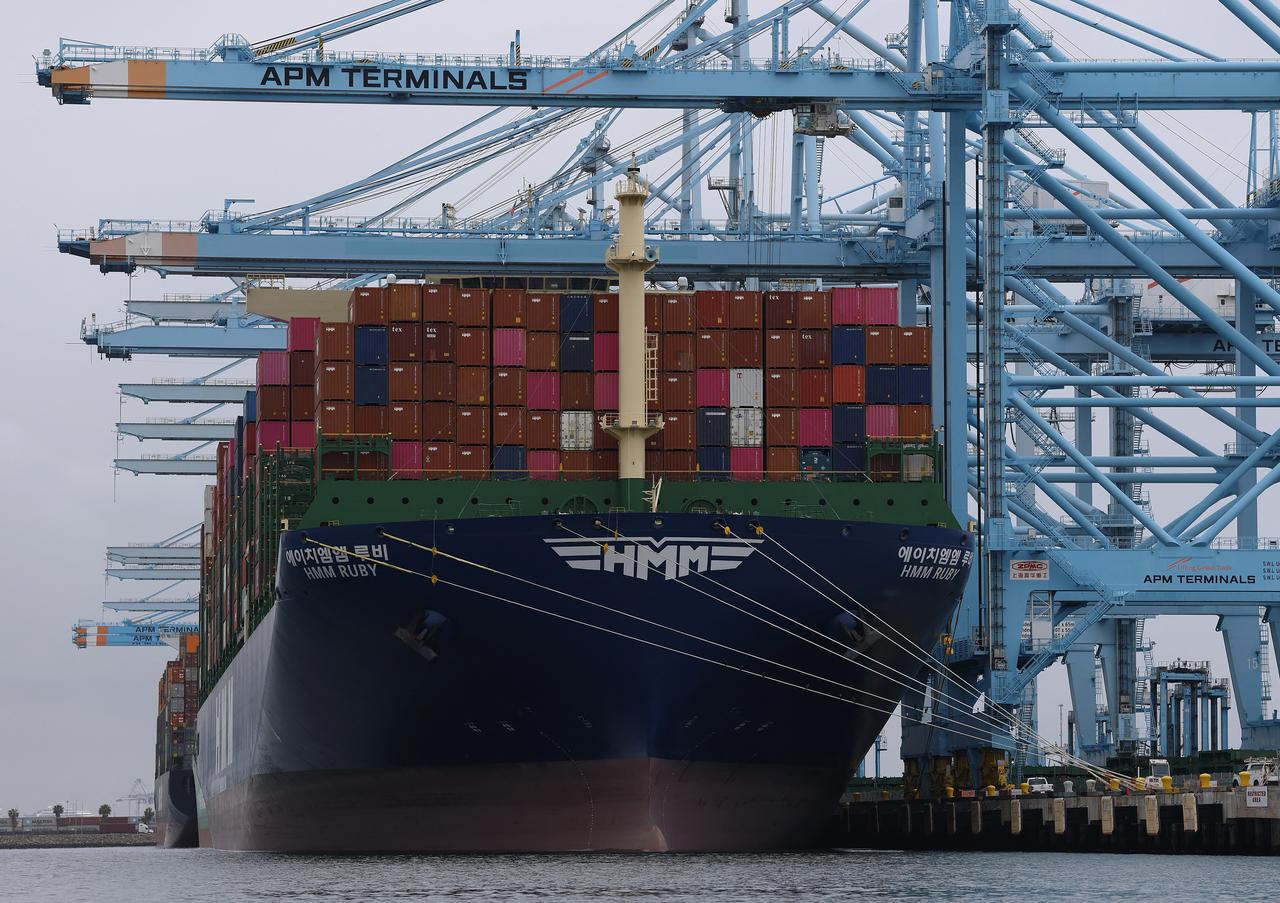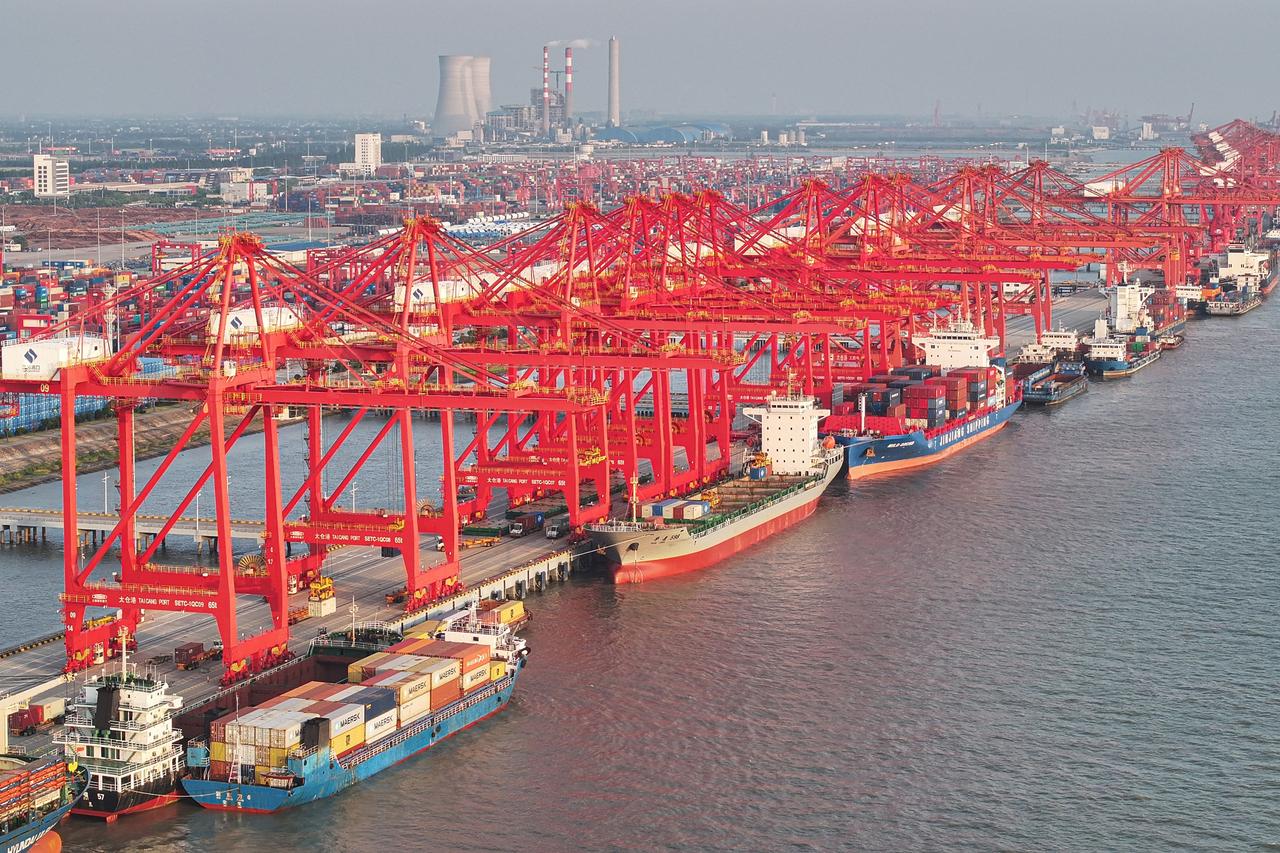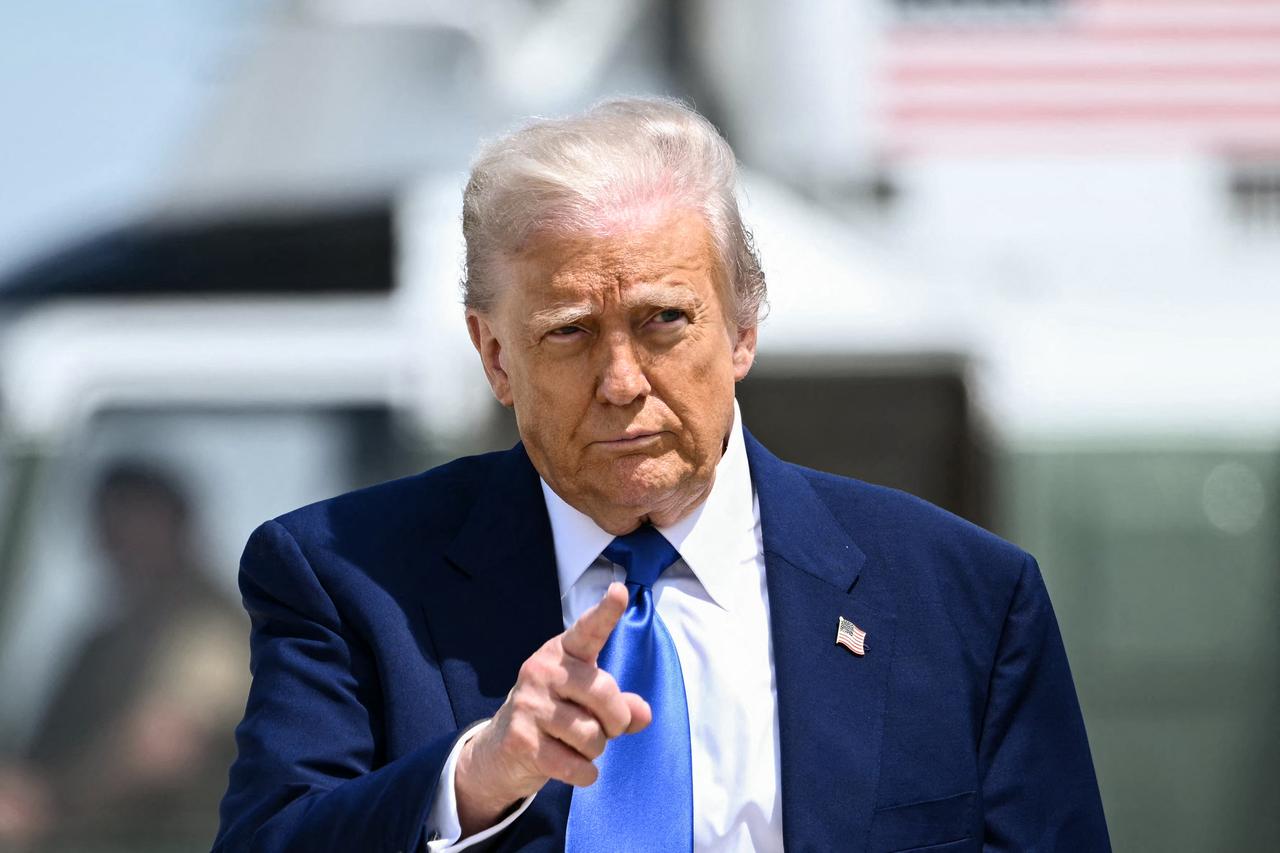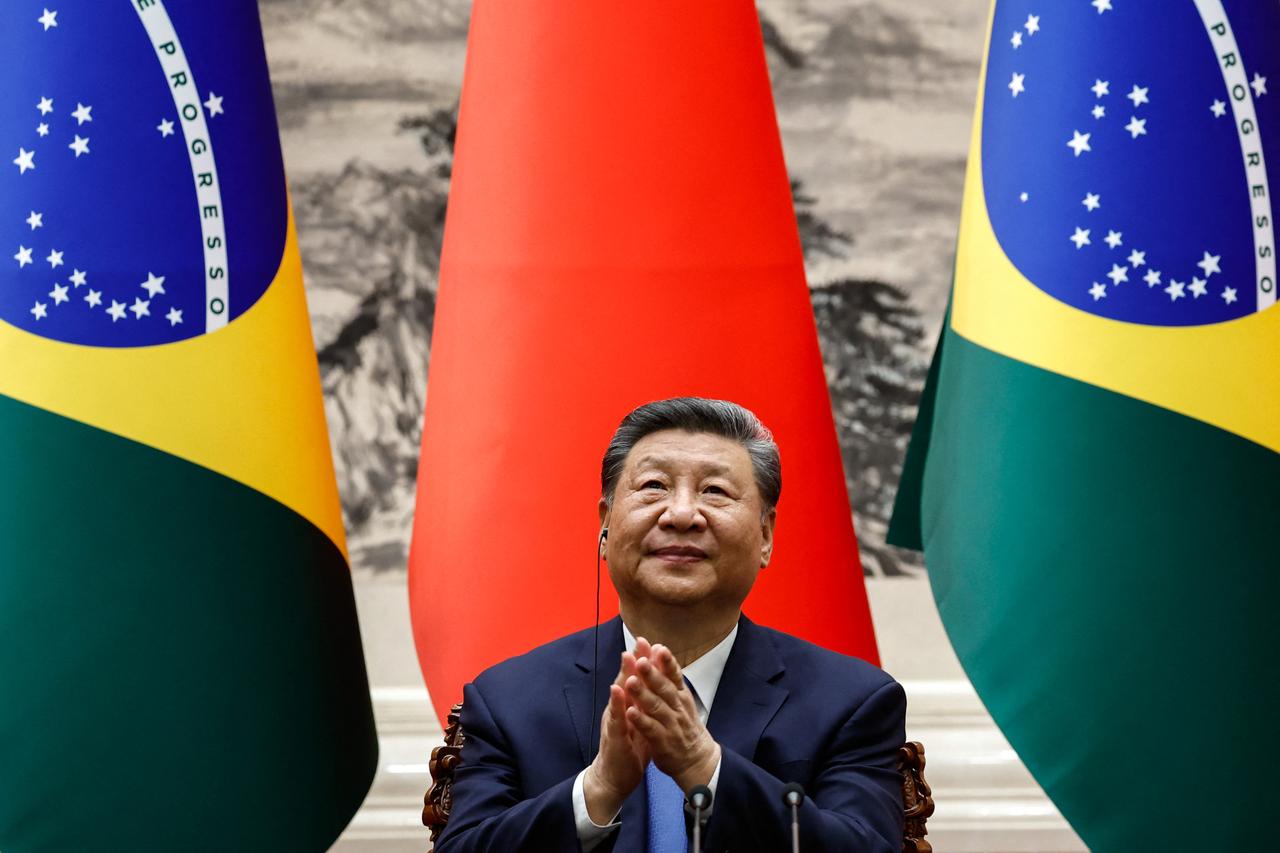
A tariff truce between the United States and China officially came into effect on Wednesday, initiating a 90-day pause in a prolonged trade confrontation that has caused widespread disruption across global markets and supply chains.
According to the agreement finalized during high-level negotiations in Geneva over the past weekend, the United States has reduced its tariffs on Chinese imports to 30%, while China has lowered its own tariffs to 10%.
These reductions, which took effect at midnight Washington time (0401 GMT), represent a substantial rollback from the previously imposed rates that had escalated to as high as 245% on certain products.

U.S. President Donald Trump characterized the newly implemented agreement as the basis for what he described as a “very, very strong” trade deal between the two nations.
In an interview with Fox News, Trump underscored that the most significant aspect of the deal lies in the anticipated opening of China’s economy to increased participation by American businesses.
"One of the things I think that could be most exciting for us and also for China, is that we're trying to open up China," Trump said.

The president reiterated that the agreement lays the groundwork for more comprehensive engagement, which he views as mutually beneficial for both economies.
The trade tensions, initiated by sweeping tariffs unveiled by Trump in April, triggered significant disruption in international commerce. China responded with retaliatory measures, driving tariffs on both sides to extreme levels and disrupting businesses and supply chains globally.
In recent months, the economic toll of the tariff showdown prompted both countries to return to negotiations. The agreement reached in Geneva reflects an effort to reduce immediate pressure while broader issues remain unresolved.
As the tariff cuts took effect, China hosted a summit with Latin American leaders in Beijing, presenting itself as a reliable trade partner and proponent of globalization.
During the gathering, President Xi Jinping reaffirmed China’s opposition to trade wars, while Foreign Minister Wang Yi criticized unilateral approaches to international relations.

The tariff reductions are scheduled to remain in place for a 90-day period, after which both governments may choose to reassess or reinstate previous tariff levels. While the agreement has temporarily eased tensions, the long-term outlook for the U.S.-China trade relationship remains uncertain.
Nevertheless, underlying frictions persist. The United States continues to impose an additional 20% tariff on selected Chinese goods, citing concerns over the export of chemicals allegedly linked to fentanyl production.
China has denied these accusations and called on Washington to cease what it describes as baseless blame-shifting.